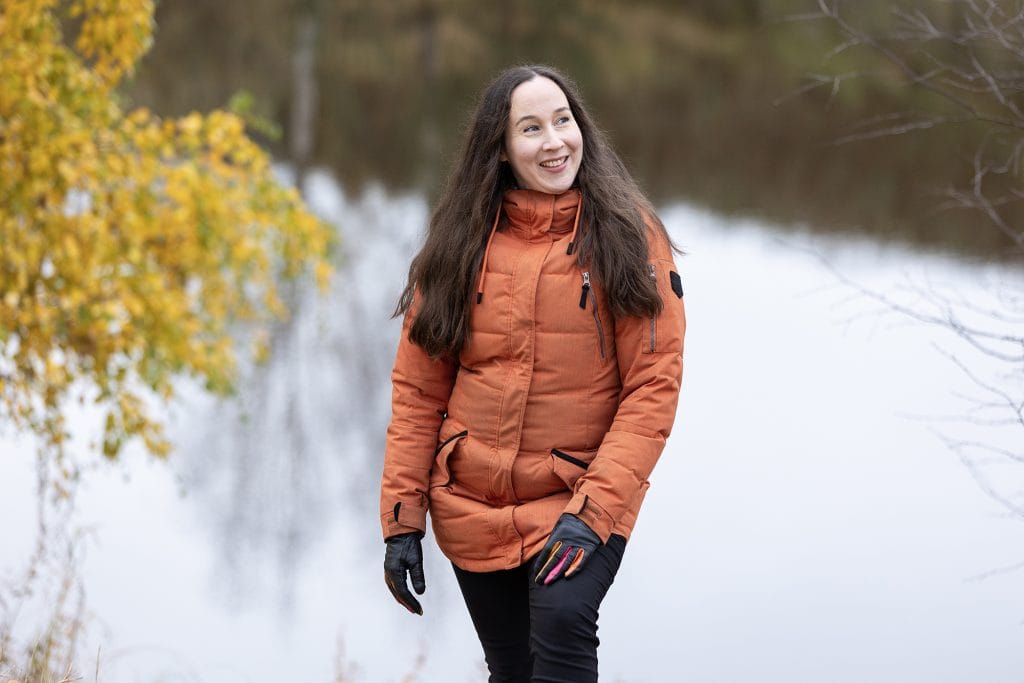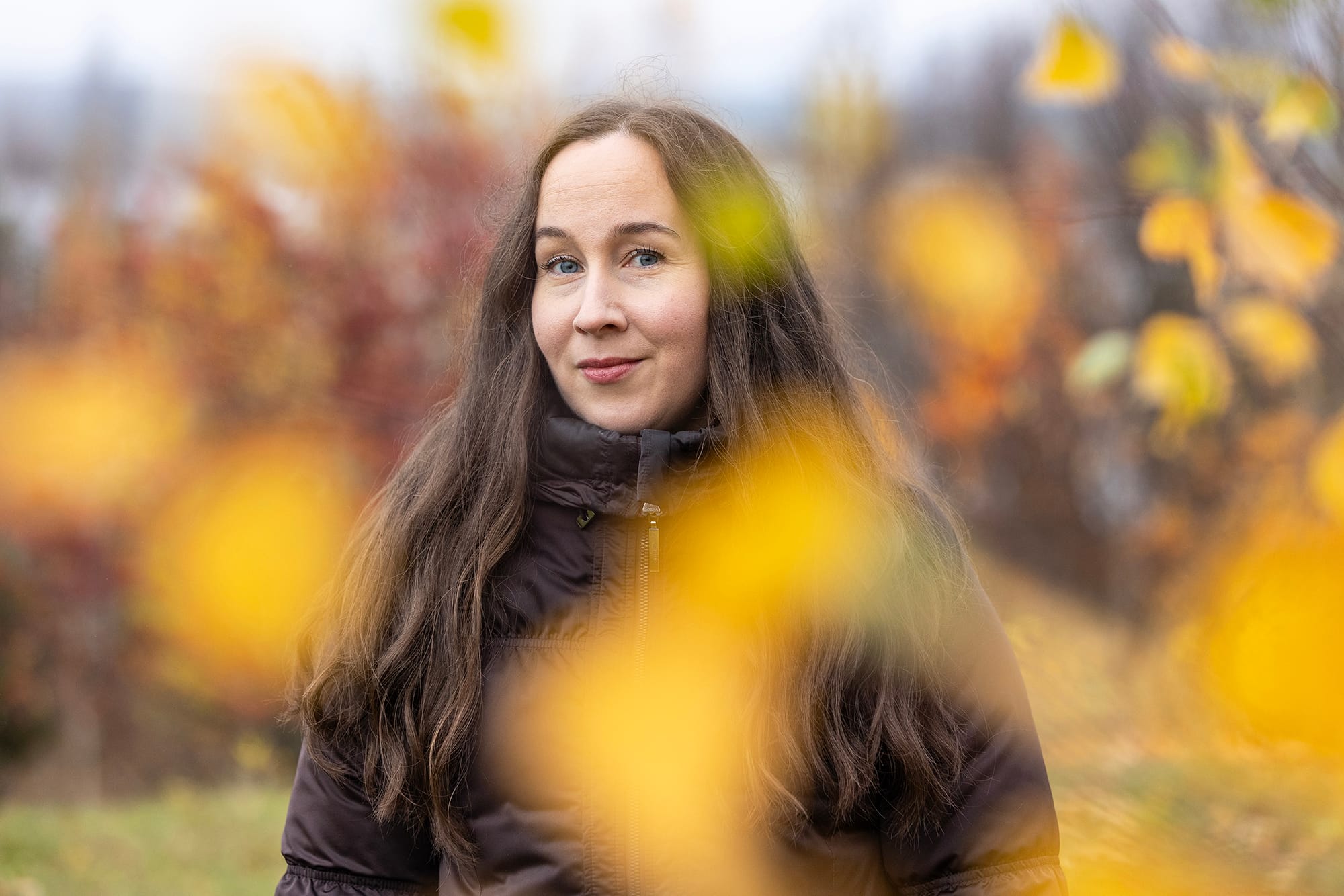Composer Outi Tarkiainen’s music brings the northern landscape to life in the great concert halls of the world. She has been awarded the Alfred Kordelin Prize for her internationally acclaimed art, which illuminates the deep connection between humanity and nature.
For Tarkiainen, the North is not just a home, but the foundation of her musical language. Living in Rovaniemi, she says she feels whole only when she returns to Lapland.
“I’m a person of the North through and through. It’s the foundation that carries me wherever I go,” Tarkiainen says.
That very foundation has been her jumping board to the international stage. After graduating from the Sibelius Academy, she returned to Rovaniemi and decided to reach out to Nordic orchestras. That’s how her first international works were born. Since then, her compositions have been commissioned by the Berlin Philharmonic, Boston Symphony Orchestra, and the BBC’s orchestras, among others.
From the Experience of Motherhood to Musical Expression
Music has been part of Tarkiainen’s life since as long as she can remember.
“I learned to write notes before I learned to write words,” she recalls.
Her breakthrough came in 2018, when the BBC commissioned a piece for the Proms festival just a week before the birth of her first child.
“I had planned to spend the year with my baby, but I decided to seize the opportunity. I poured all my emotions into the work and composed about birth itself. The Variations of the Northern Sun was met with great acclaim. That really opened the floodgates.”
Motherhood has since become an integral part of Tarkiainen’s musical voice. She describes childbirth as a threshold between life and death, a moment that reminds us of our place within nature. That leaves a lasting print on an artist.
A First in Her Role
For Tarkiainen, womanhood and motherhood are both personal sources of inspiration for her art, and social themes. She has personally experienced the gendered structures and history of classical music. Only about one in ten composers are women, and they are often the first to open doors in positions previously held only by men.
Tarkiainen herself was the first woman to have an opera performed at the Savonlinna Opera Festival. “I want to believe that change happens when younger generations see female role models and can dream of becoming composers themselves. I was over thirty before another woman ever read my music. These examples mean a great deal.”

Music That Unlocks
According to Tarkiainen, the purpose of music is to touch people in ways words cannot.
“The best feedback comes when someone tells me that, after a concert, they’ve talked about things their family had never discussed before. Art unlocks things that words alone can’t reach.”
She also has personal experience of music’s power.
“When I first heard Kaija Saariaho’s L’Amour de loin, I fell to my knees. After Alban Berg’s Lulu, I couldn’t speak for days.”
Art Creates Connection
The Alfred Kordelin Prize was awarded to a composer for the first time in over thirty years. Tarkiainen believes this highlights the importance of music in an age when our ability to focus and empathize is under strain.
“I’m worried about what smart devices are doing to our capacity to concentrate and to put ourselves in another’s place. Art is the antidote. It trains the brain, and empathy.”
The award underscores why art matters: it creates connection between people.
